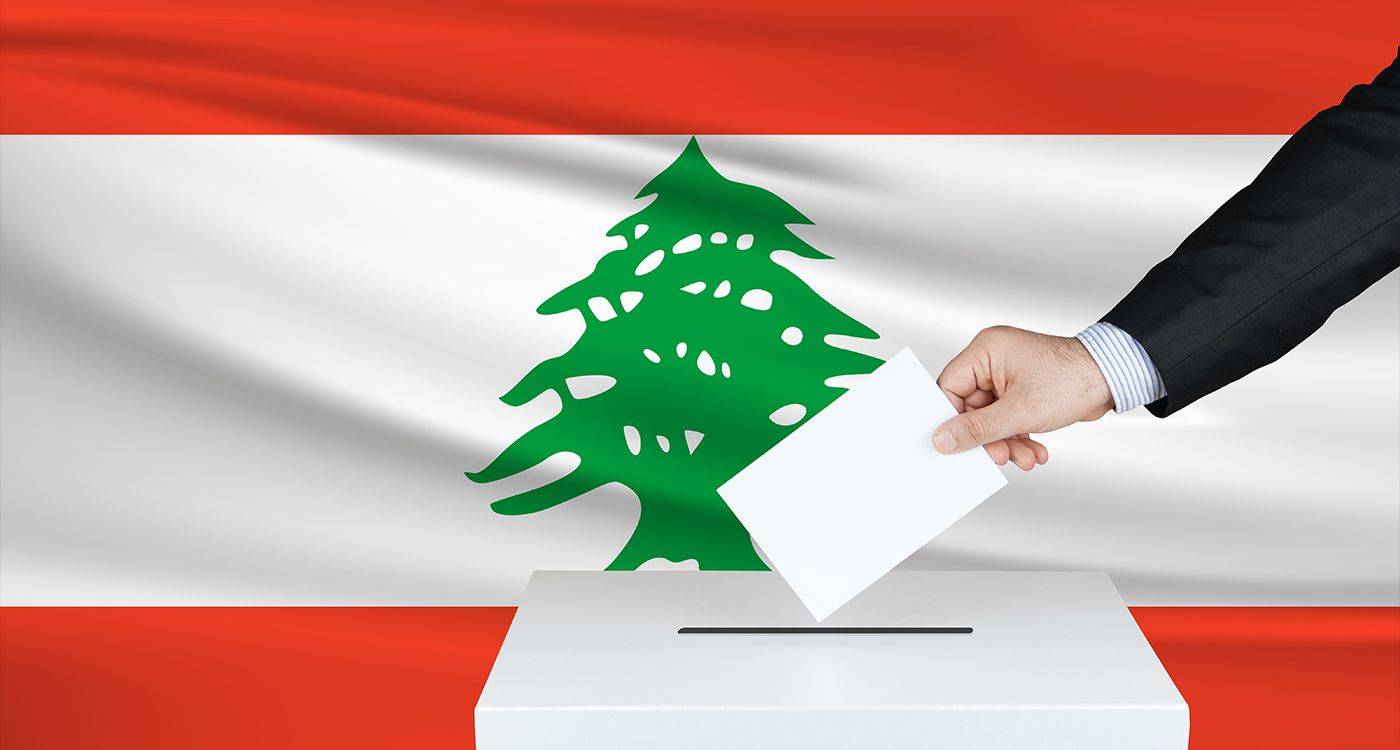
Lebanon has witnessed three major nationwide Sunni leaderships since independence.
The first was the leadership of Riad Al Solh, a pillar of the National Pact, independence, and Greater Lebanon after the French withdrawal. The second was Saeb Salam, the leading Sunni figure within Lebanon’s Chehabist political framework and beyond. He was known for his historic positions—from the 1958 uprising against President Camille Chamoun to the eventual decline of his role as the Sunni presence was overshadowed by the rise of the Palestinian rifle and Yasser Arafat’s keffiyeh.
Some might argue that Rashid Karami belonged to this same category, but his influence never extended to encompass all Lebanese Sunnis. The leaderships being discussed here are not merely active ones but cross-regional in scope. Karami certainly played a key role, but he did not command the unifying national influence seen in the other cases.
The third leadership was that of Rafik Hariri, who granted the Sunnis in Lebanon their greatest influence and positions in modern Lebanese history—until his assassination, which reshaped contemporary Lebanese history. Saad Hariri tried to continue this path, but regional circumstances worked against him, leading to his retreat from political life.
The current challenge is that recent developments have opened up opportunities for some aspiring leaders to seek Sunni leadership. These include the waning dominance of Shia political power with Hezbollah, the revival of official institutions, the vacuum in the Sunni arena following Saad Hariri’s withdrawal, and the emergence of many new faces vying for positions—from Nawaf Salam to Hanin Ghaddar.
However, the critical mistake lies in the approach of some of these actors who are using Beirut’s municipal elections as a springboard for national Sunni leadership. They are breaching norms, disturbing civil peace, and destabilizing the political situation in the city and Lebanon as a whole in an attempt to portray themselves as protectors of Lebanese independence and the Sunni expression of the national formula.
This issue extends to upcoming parliamentary elections. Some believe that if they can make a breakthrough in Beirut’s Sunni arena, they can build a broad, far-reaching electoral list across all of Lebanon’s districts. However, no one among the current players has been granted this role, and it will not be given without Saudi and American approval and support, which has not materialized so far.
Unfortunately, those concerned do not understand this reality or the danger their actions pose to Lebanon’s delicate sectarian balance. They are manipulating facts on the ground, endangering all minority groups that see themselves as vulnerable within the broader Sunni environment. They are creating a governance reality that defies logic, far beyond municipalities, parliamentary seats, or even supposed parliamentary blocs.
It is regrettable that the prime ministership, or a substantial parliamentary bloc, has come to demand this level of obstinacy and manipulation of national balance.
Comments